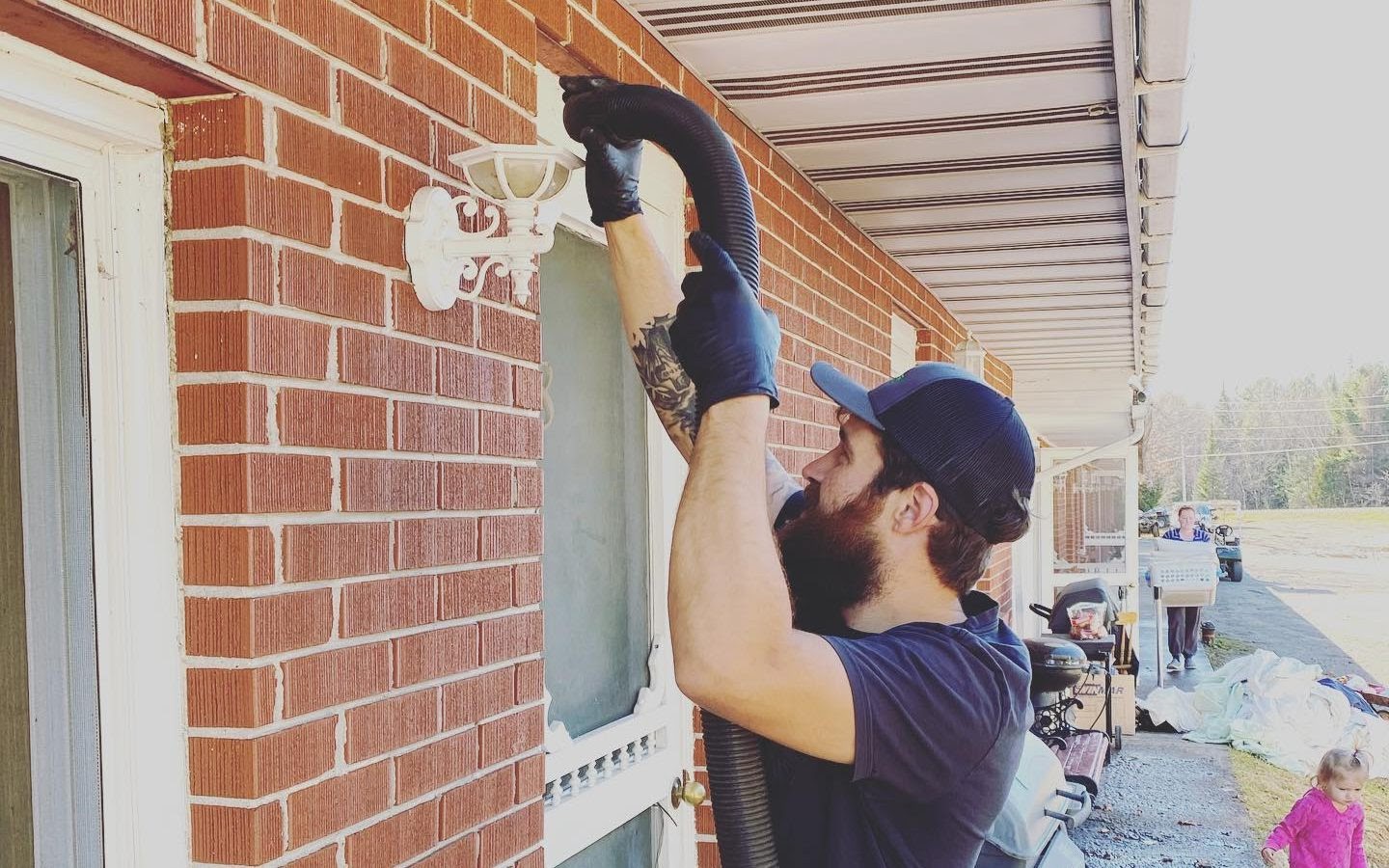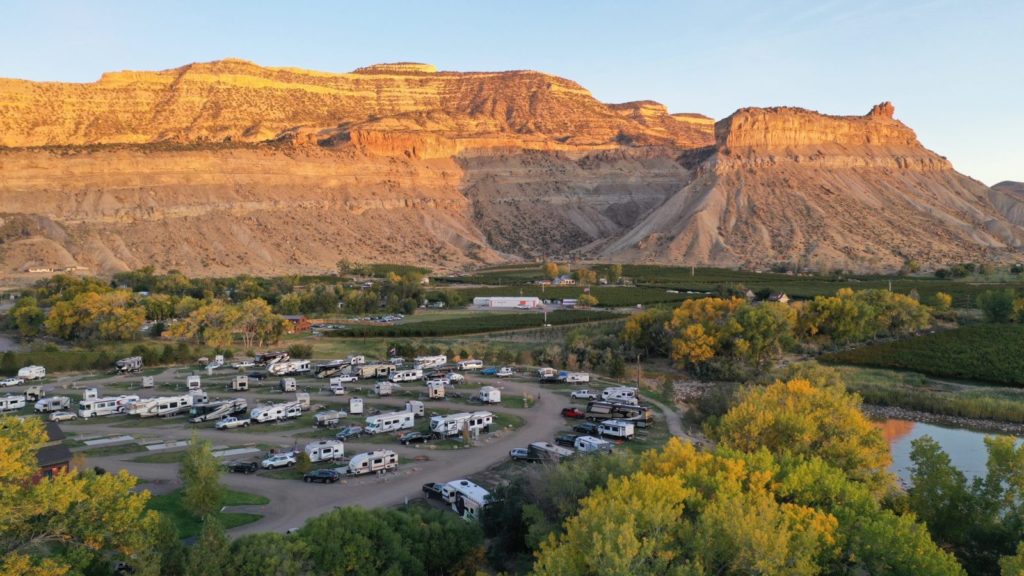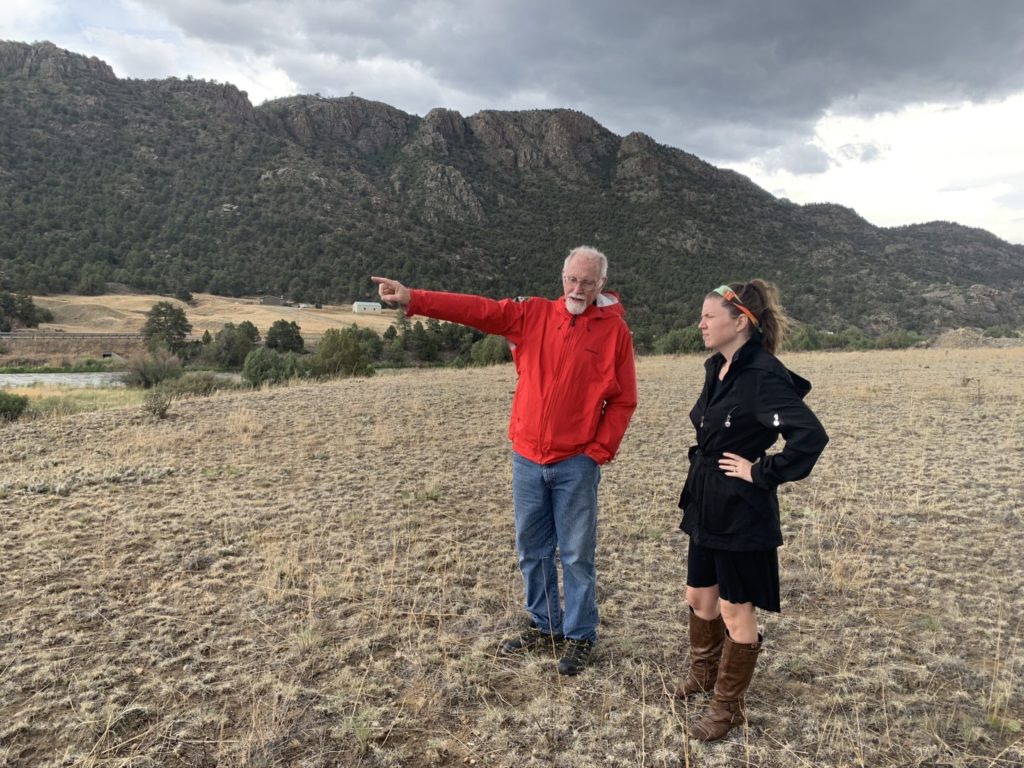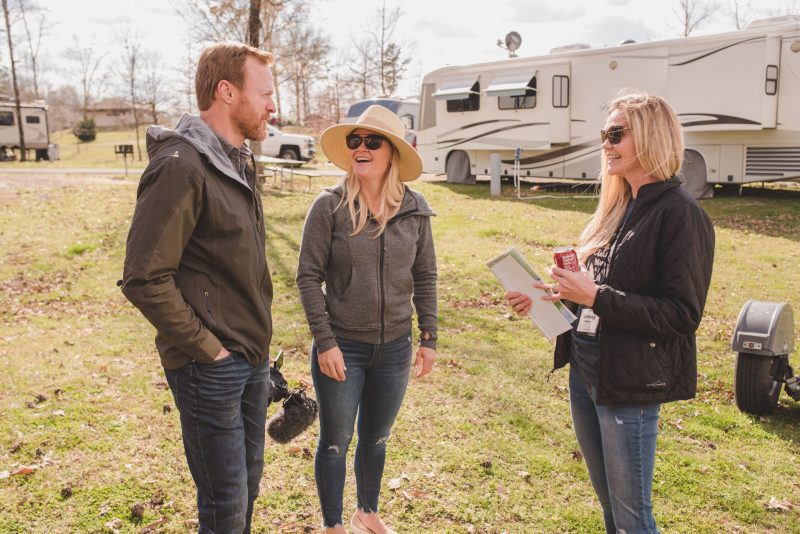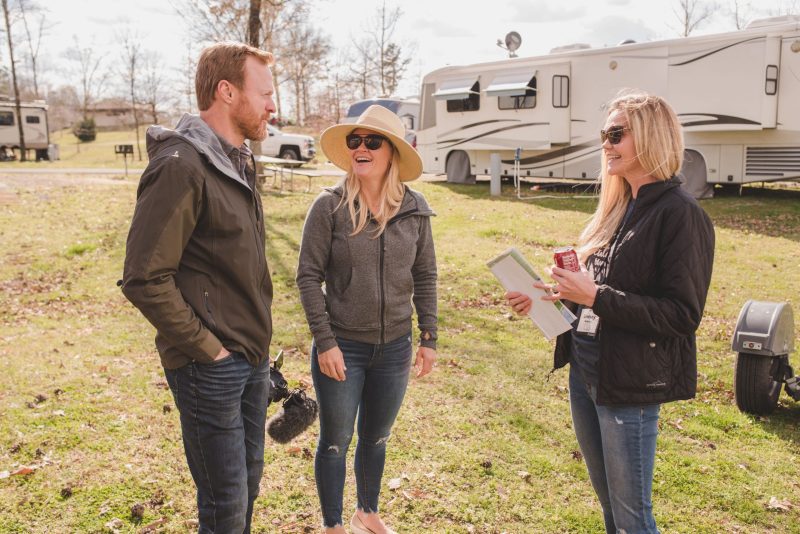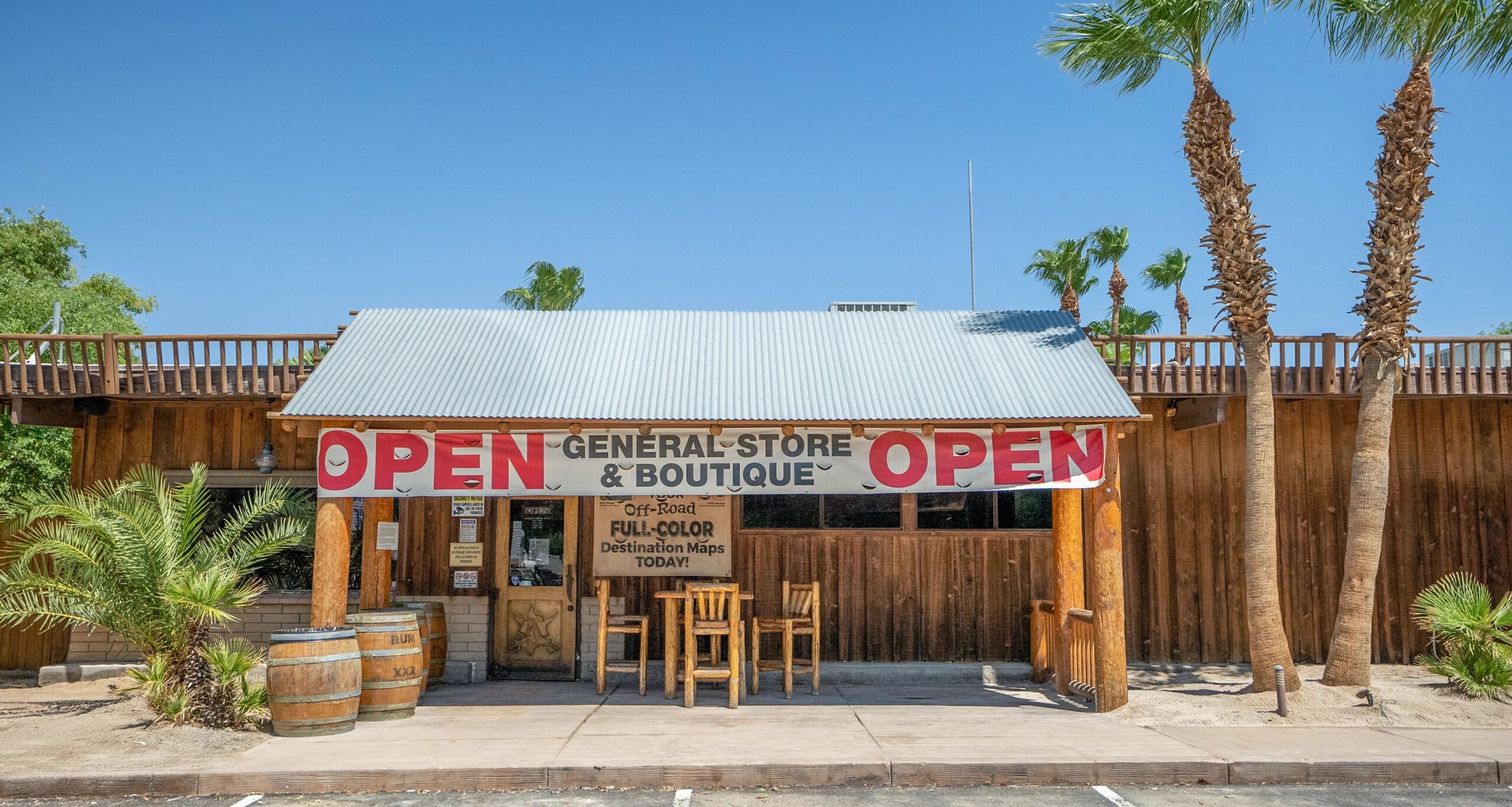
Credit Card Guidelines for Campgrounds
The payment process at your campground should be straightforward, streamlined, and easy for any of your visitors.
Likewise, they should also have an easy, secure way to process their credit card payments with confidence that their payment information is safe.
Without the proper protections in place, you and your customers are at risk of fraud and information theft which could have costly consequences.
Is your campground just now integrating credit card processing? Has your campground processed credit cards the same way for years? Well then, heed this advice. These are the credit card guidelines every campground should know to keep you and your guests safe.
How campgrounds process credit cards

Credit cards are a convenient, reliable form of payment at the campground, online, or over the phone, keeping the process simple, paperless, and quick. And most campgrounds can easily transition to accepting credit cards if they don’t do so already.
Small businesses process credit cards in two main ways: through a merchant account or a payment service provider (PSP).
Merchant Account – You create a merchant account with a bank or financial institution to complete credit card transactions. The benefit is that you have control over fees. The downside is that you source your hardware and software.
Payment Service Provider – PayPal, Apple Pay, Square–each is a payment service provider (PSP). Businesses pay to have them handle their transactions. The downside is that you don’t control your fees, and their fees are often slightly higher than usual.
When using a merchant account or a PSP, you will process credit cards in three ways: in-person, online, and by phone.
- In-person, you use a point-of-sale (POS) system or a card reader/mobile card reader.
- For transactions online, you use software that allows your customers to input their credit card information safely.
- By phone, you use a POS you can manually enter information onto, called a card-not-present (CNP) transaction.
Once you have a system in place, PSP, or merchant account, you need to be aware of the risks involved for you and your customers. Credit card fraud, disputes, and data theft can affect everyone. So let’s identify the primary areas of concern.
Preventing fraud
Credit card fraud occurs most frequently when a card number or actual credit card is stolen from the rightful owner and used online, over the phone, or physically at your campground.
When you process reservations over the phone or online, you complete “Card-not-present” transactions, which are especially prone to fraud. But it can also happen at your campsite if a credit card has been physically stolen.
The best prevention method is to ensure the card user’s identity matches the cardholder, and you can do this in a couple of easy ways:
- Always request the CVV from the back of the card.
- Ensure the billing address on file for the card matches the given address.
- Ask for and inspect the identification of the cardholder during a physical transaction.
By doing so, you protect the rightful cardholder from being charged incorrectly. But you also protect your campground from fraudulent chargebacks.
Chargebacks

A chargeback occurs when customers dispute a credit card charge from your campground and the charge is revoked. Chargebacks exist so the cardholder can deny a claim that might have happened fraudulently, likely when their number has been stolen.
But your business can suffer when a customer files a chargeback without merit.
An unhappy customer might file a false chargeback after a lousy stay at your campground. Or they might dispute a cancellation fee. Or a charge was made by their spouse without their intention. A customer might even file a chargeback on something they don’t recognize, often because the name of the transaction isn’t familiar.
Regardless, disputing a chargeback can be costly for your campground, and your service provider can terminate service after too many chargebacks. To prevent chargebacks, follow these recommendations:
- Ensure the best customer service possible to help prevent angry customers from filing wrongful chargebacks. Offer refunds to unhappy customers rather than risk a chargeback.
- Work with your service provider to label your transactions clearly so customers aren’t suspicious of charges they don’t recognize.
- Follow card safety protocols like requesting identification from cardholders, checking CVVs, and matching billing addresses.
- Email confirmations to your customers so they know when a charge goes to their account.
- Make sure you are PCI Compliant–a must if you are going to process credit cards at your campground.
PCI compliance
If your campground accepts credit cards, you are legally required to maintain the security and protection of the credit card information. In short, that’s what PCI compliance means–ensuring you fulfill your legal requirements to protect your customers’ data.
PCI compliance applies “to any organization, regardless of size or number of transactions, that accepts, transmits or stores any cardholder data,” according to the PCI Compliance Guide.
There are 12 main steps that small businesses should take to remain PCI compliant:
- Use firewalls to protect data
- Encrypt cardholder data when transmitted
- Utilize antivirus software
- Update software and security systems on a regular basis
- Protect access to cardholder data
- Create password protections
- Protect cardholder data
- Unique IDs assigned to those with access to data
- Restrict physical access to data storage
- Create and monitor access logs
- Test security systems regularly
- Create a policy to share with employees and customers
There are four levels of PCI compliance requirements based on how many transactions you conduct within a year. Unfortunately, levels can differ depending on the credit card type. For example, Mastercard will define a “level 4” differently than VISA. Part of the frustration for business owners is having to wade through the fine print to determine compliance.
If all this seems daunting, the good news is that there are resources to help guide you through this process. Your acquiring bank (if you are a merchant account) will help verify your level for each credit card. And if you work with a PSP like Square or Stripe, who are considered merchant accounts already, they cover many of the PCI compliance issues you may face.
This is an excellent option for small businesses that don’t want to worry about the risk they face trying to maintain compliance independently.
Manual reservations and credit cards

If you process online or phone reservations manually, you likely require visitors to provide a credit card number during the booking process. Having their card on file has many practical benefits, like charging a cancellation fee if you have specified this in your booking policy.
But how you accept, store, and protect those credit card numbers is especially important to protect your customers’ information.
Suppose you were to write down the credit card information from a customer to process when they arrive or in the event they cancel. That information–when not stored according to PCI compliance in your POS or through your PSP provider–is now at risk. If that information is misplaced, it puts your customer in financial danger.
Put yourself in the customer’s shoes: when you use a business credit card, you trust that the merchant is protecting your information. Likewise, you need to guarantee that same level of security for your own customers.
Automated reservation systems
When it comes to your customers’ information security, cutting corners can lead to serious problems later down the road. And the busier you become, the harder it is to maintain haphazard compliance without policies and technology.
Implementing an automated reservation system is one way to streamline your credit card processes. Here, all transactions occur online between the system and your customers. Not only will this keep customer credit card information safe, but it will also reduce the time you spend operating the phones to book reservations manually.
Good Sam Campground Solutions Reservation System helps automate the process for your customers, both booking and storing credit card information securely. In addition, it improves the level of service at the c
By updating your process with an automated reservation system from Good Sam, you reduce the risk of manual data processing, which protects your customers.
